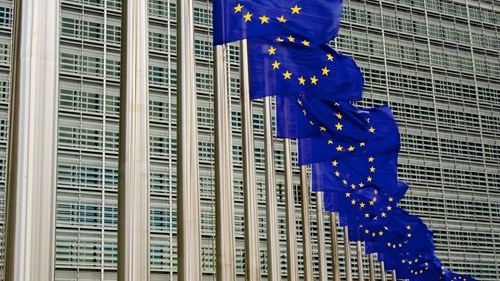Draft Act on Handling Stolen Data
A draft act intended to close regulatory gaps in the German Criminal Code (Strafgesetzbuch – StGB) with respect to the handling of data has been approved by the Bundesrat (upper house of the German parliament) and presented to the Bundestag (lower house of the German parliament) The draft act plans the introduction of the new criminal offence of the handling of stolen data. According to draft new Sec. 202d of the German Criminal Code the obtaining, procuring, surrendering, distributing or other making accessible for data with intent to enrich oneself or third parties or to cause damage is punishable. The prerequisites are an act pursuant to Sec. 202 a of the German Criminal Code or any other illegal procurement as a predicate act and that the legitimate owner of the data has an interest meriting protection in the fact that this data is not reused and it has not been taken from publicly accessible sources. It is also to be emphasized that draft Sec. 202d (5) of the German Criminal Code does not cover that acquisition of data by officials or their agents in order to comply with their statutory duties, which means that the purchase of CDs with information regarding tax evasion will not be criminalized.
The draft act, however, goes very far. Unlike in the case of handling stolen property, any illegal act suffices as a predicate act. This is, in particular, because the term data as defined in Sec. 202d of the German Criminal Code results in friction with the evaluations of handling stolen secrets in accordance with Sec. 17 (2) No. 2 of the German Act Against Unfair Competition. The term “business or trade secrets”, for example, has a much stricter definition than that of protected data in the meaning of the draft act. Alone the storage media of the data could therefore in future decide on the degree of statutory protection. The draft act also does not provide for any exceptions, for example, with respect to investigative journalism or whistleblowing in order to protect legitimate interests.
Well
informed
Subscribe to our newsletter now to stay up to date on the latest developments.
Subscribe now







